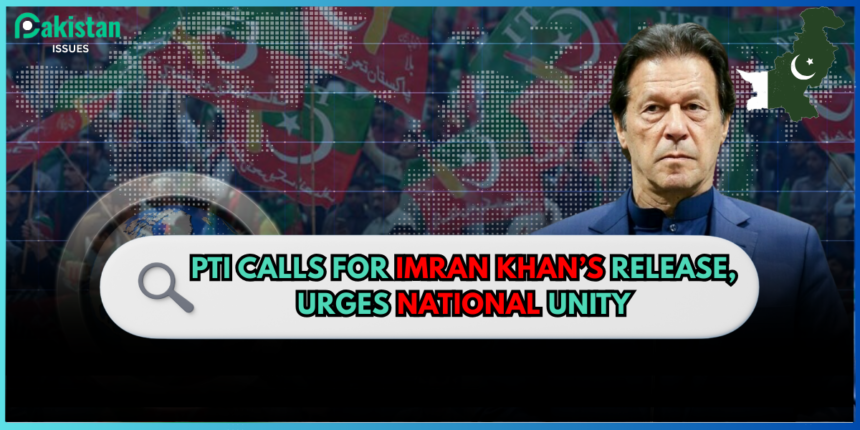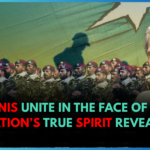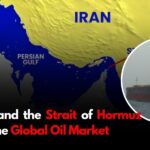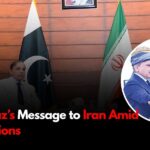Pakistan Tehreek-e-Insaf (PTI) mounted pressure on the party chairman and the ex-Prime Minister Imran Khan to be released from custody at the same time, as his arrest referred to it as politicized and pre-judicious against the democratic principle of the country.
During a Thursday press conference in Islamabad, senior PTI leadership explained that Imran Khan’s continued detention is not just an issue of law, but of Pakistan. “The people of Pakistan want to have their leader back,” PTI Vice Chairman Shah Mahmood Qureshi explained. “This is not about one man — this is about giving the nation back its confidence and direction.”.
Imran Khan, removed as president in 2022 and subsequently arrested on questionable charges, continues in jail even though he has dozens of cases registered against him, most of which PTI feels are political in intent. The party feels that equal justice has been withheld and rule of law as a tool used to suppress opposition.
The pressure to free Khan has actually provided genuine political momentum. Demonstrations were planned in major cities, and PTI workers have been demonstrating at the ground level. In Lahore, they had planned a rally from Liberty Chowk to Mall Road, shouting slogans and carrying placards for justice and transparency. In Peshawar, party workers had threatened to stage peaceful sit-ins if the government did not act on the matter at any point in the near future.
In his media statement, PTI politician Hammad Azhar cautioned that “further political victimization will further deepen the country’s polarization. Pakistan needs leadership and not revenge politics.” He also called upon the state institutions to rise above and allow the democratic process to proceed unimpeded.
A few independent analysts and freelance politicians have also been interviewed. Veteran commentator Zahid Hussain also defended on TV in an interview that “Imran Khan’s political capital remains strong, particularly with the youth generation. To ignore this reality would lead to prolonged instability.”
As Pakistan struggles in its economic and foreign diplomatic quagmire, there have been just so many voices — even from circles outside PTI — which wondered at what higher consequences there were to imprisoning a former prime minister for life. There is apprehension as to what this would do to a hapless precedent where opposition party politicians are being shut out of contest due to technicality of law and not democratic contest.
With public frustration growing and elections on the horizon, the PTI’s latest campaign appears less about confrontation and more about reclaiming political space. Whether the current government chooses to engage or maintain its stance, the question of Khan’s imprisonment is no longer just a legal issue—it has evolved into a national debate that may shape Pakistan’s political future










